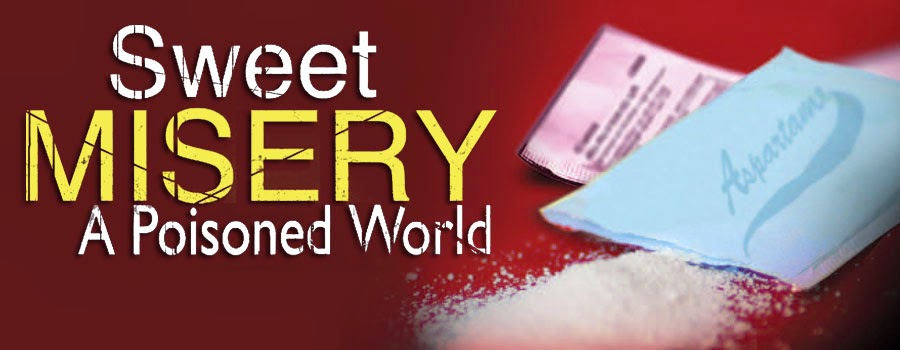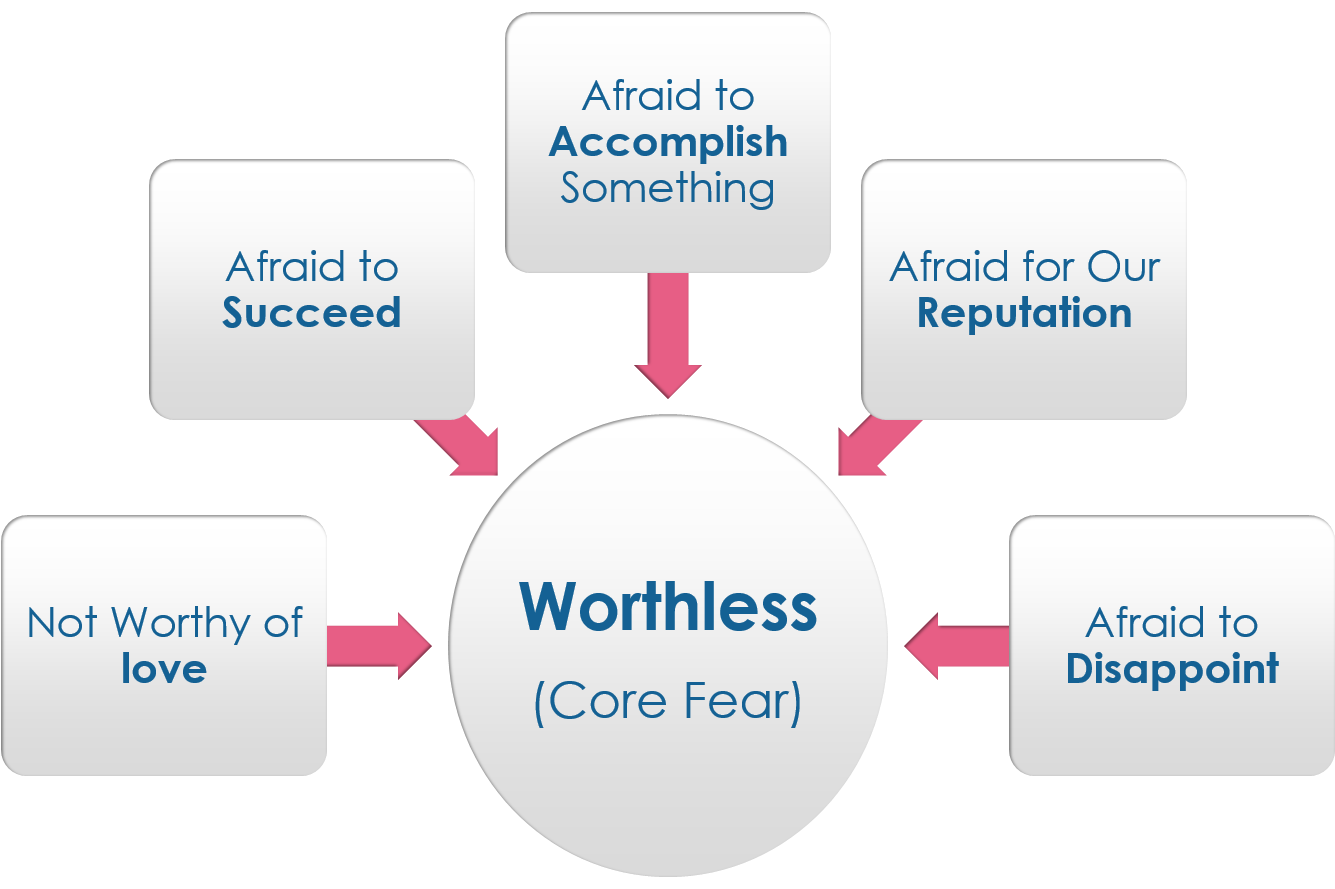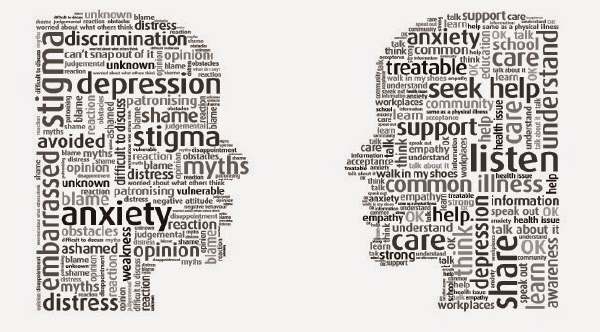
It's been a while since I've written anything. Lets just say I was going through stuff...
As you know, I've struggled with depression, followed by anxiety, topped-up with substance abuse. Since my last post, for some reason, my life went completely down-south, and totally unexpectedly. In the last 3 years I've lost three jobs, two rental apartments, the majority of my friends and all support from family. Today when I look back, I know what I did wrong. My life did a complete 180 degree and continued going down hill from there. Without getting into many details, and I'm sure you have an good idea, so I really want to focus on what I did to get myself out the deed, deep misery I had put myself into, how I got back on my feet, back on track, and even stronger than ever. One thing I do want to say is don't ever think you've become strong enough to suddenly be able to deal with addictions because you got over your anxiety/depression. Addictions and anxiety go hand in hand. Addictions are extremely difficult to control, and even no matter how strong you think you've got. Please keep in mind, and you know that, when you start it's extremely difficult to stop or control, and so you might just fall right back where you once were, deeper, and possibly hit rock bottom... that's exactly what happened to me, so I hope these tips can at least help some of you.
Let's get right into it. Here are my most recent 6 tips for finally concurring depression and anxiety, especially when mixed with substance abuse.
1. Stop Consuming Drugs And Alcohol, Whatever It Might Be For You
This is a crucial step, if you allow in the devil's temptations, you will never be able to see the light again or gain the strength to get through it. Go head, have that one more drink, one more night of fun, and then what? What about the following weekend? What will happen when that "friend" calls you to come chill, what will you respond? Are you going to go back just so that you can test your own strength? What does it bring to your life or future? What's at the end of that tunnel? How far in life have you gone since? Are you making good friends, I hope so, because you will need some. Those people are not your real friends, maybe you have something in common, but you can not help each other get better by doing the same thing. Talking to each other about your future goals and plans while high, is not going to take you any further, but only to that next party.
From my experiences, none of that matter. That fun you're having isn't real fun, and trust me, it's actually taking your further and further to your dreams and goals, and often extremely dangerous. No savior is coming for you, you're dreaming, comfortably numb, in your own fantasy world, but with no means of getting out of it. Life won't help you if you don't help yourself.
Sober up a bit and slowly you'll find the courage to get help, and there is so much help out there. One thing at a time, one moment at at time, one goal at a time, you will eventually reach every single one of them, as long as you stay as sober and keep your focus.
2. Come Face To Face With The Fact That You Do Have A Problem
Most of us don't think or believe we have a problem. Anxiety and depressions are linked to deep wounds that were once forgotten, pushed away and never dealt with. The reason why we rebel is because of our hurtful wounds from our past which we think no longer exist. When we feel unhappy we naturally get involved with the wrong people, introduce substances to ease the pain or to feel accepted, loved or appreciated. We must remember that we attract what we are, these people, whom match your current mental state, are not going to be helpful, however they do make you feel comfortable and welcome, right?
Don't give in, know better. You have wounds to heals and you need to accept it, don't copy them, don't settle, don't give up on your dreams just like some have. You need to talk to yourself and say "I need to change my behaviors and actions". Do that and your life will follow... it's truly the only way. You will feel it in your mind, body and soul when it's really time to quit. Then focus on you and you will begin to be more honest with yourself and with others. Transitioning is never just a walk in the park, it hurts, but it does go completely away :)
3. Be Completely Honest With Yourself
Like I just mentioned, being honest with yourself, knowing who you are, where you come from and what you want in life, all will support you during your transition. You need to be self-aware of everything about you. Whatever you need to do to find that out, just do it, trust me, it's worth it. As soon as you admit to yourself "I have a problem, I know", then, you will immediately feel that feeling of calmness, and right through your veins. What do I do now? Make a list of steps you can take, and start with one, anyone, just pick one. It is a very powerful practice, it works, it worked for me, and I hope it works for you. Be a good person and stop lying to yourself and to others. You will gain confidence, self esteem, and others will begin to respect you, once again.
My life changed dramatically; I gained back my respect, I started loving myself more, and today I completely accept my flaws and previous mistakes. I never judge myself or anyone - I respect other's journey and where they might be today.
4. Detach Yourself From Toxic People
I've always believed that people cross your path for a reason, but I also know that it doesn't mean everyone will stay in your life, and sometimes it's just for a quick brief moment, just to teach you something, or perhaps you need to leave them with something. In any way, some people show up only to make your life miserable as hell, more then their own life. They will do anything to keep you from getting better or succeeding, because that's what they thrive on, victimization. They pick at you, wait for that reaction, and can't wait to see you hurt. It's only until you realize this, that you can then make a conscious choice to let them go. Get to know them so they don't bother you ever again, new comers, they will come. Cut them out of your life, and COMPLETELY! I'm sure you've met a few.
5. Take Care Of Yourself
It took me a few back and forth before I finally became to understand that part-time consuming, is not a thing. Only after I decided to ONLY focus on my physical health, mental sanity and spirituality, that I began to feel completely at ease with myself, my life, my behaviors and attitude towards people. I now take good care of myself, eat even better, back into yoga and meditation... life if wonderful again, but at higher level. I do not force anything, because the last thing I want to do is create any unnecessary stress while I'm healing. One day might be yes, but the next might just be Netflix. I take it one day at a time, I don't think about tomorrow or yesterday's mistakes, because I know that will trigger anxiety and overthinking, and we both know that won't lead us anywhere! I am now leading an easier, almost stress-free life style and I'm loving it. I did move to another city, but only because I left like I had no other choice. It's up to you. Whatever makes you feel good just do it, as long as it's healthy!
6. Know Your Goals
This has to be my favorite. I might not have previously touched this topic, but I truly believe that the root of the problem, is that we are completely lost human beings, not knowing what we truly like, what we should be doing with our lives, yes I'm talking about your life purpose. Picture you're an artist but you work for the government full-time, and completely dislike your job. The majority is doing it, they "seem" happy, so it must be alright. Well, it may be the worst thing for you. It is soooo important that you have a goal, mission, purpose, reason to live, reason to be alive! Otherwise, what's the point. I finally think I've got my mission figured out, which is to help people, in any way I can, through this channel, through beauty, being raw and authentic, so that others can replicate. I have decided to become the type of person I would wish to meet and have a conversation with, and be so comfortable that I can truly be myself. That is enough for me. I'm also starting my own business, and from all that, I know I'm doing what I was called to do. They're many things you could accomplish or do, it might not just be one thing! Being a good mother is one :)
You must find what those are deep down, and slowly work your way to them! I believe those are the true meaning of happiness, no anxiety, to stress, no depression. Remember, anxiety and depression are only here to assist you.
You also have a story to tell, click here.
Be well.
Image Credit






